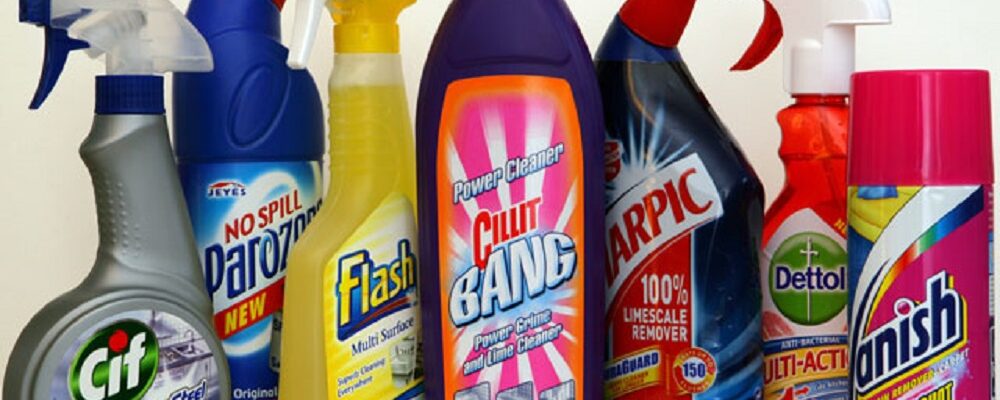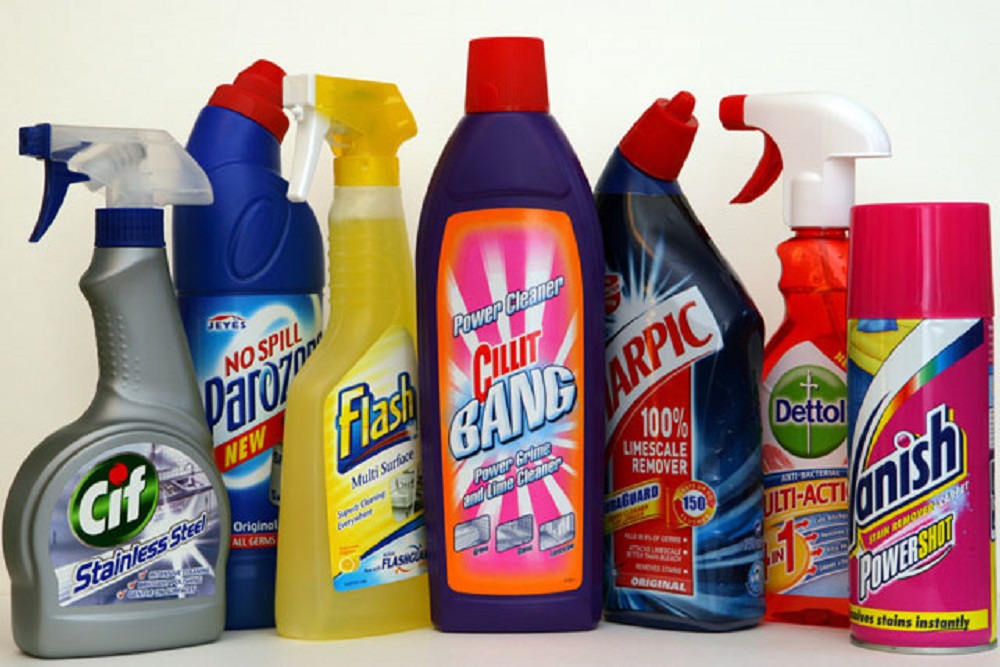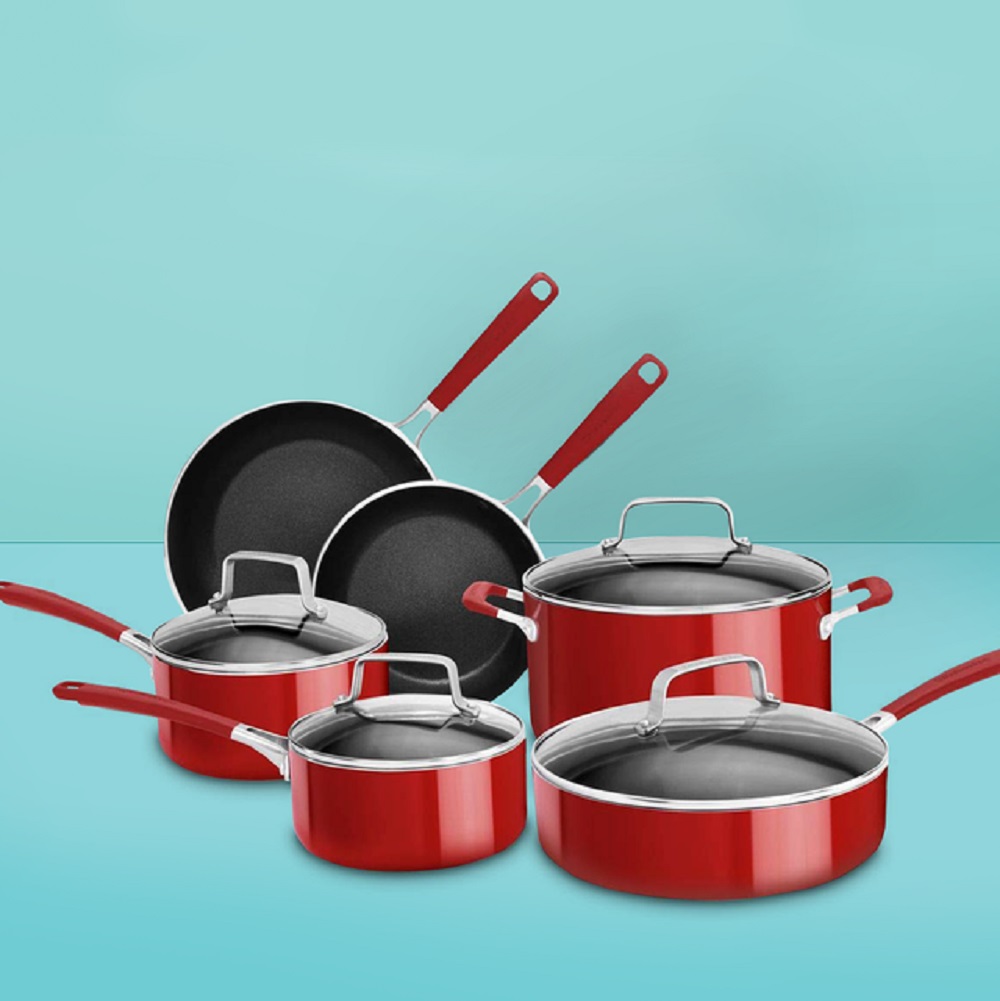

The greatest incidence of poison exposure often occurs in the home, often from the ingestion or inhalation of common household items located in our kitchens, bathrooms, bedrooms and even garages.
The fact is, when warning labels that express ‘caution’, ‘danger’ or ‘warning’ are ignored. or dangerous chemicals fall into the wrong hands, disaster strikes with sometimes fatal results.
In an effort, to limit the regularity of poison exposure and raise awareness of poison threats, March 14 – 20 is being recognised in several countries as National Poison Prevention Week.
To decrease the threat of poison exposure in the home, here are a few common household items that appear harmless but you should be very careful of as they have the potential to be very dangerous.
1. Cosmetics and personal care products

According to the Oregon Poison Center, exposure to cosmetics and personal care products are the number one reason for calls to the poison centre for children under age six. With the main products inhaled or ingested often including, creams, toothpastes, deodorant and hand sanitisers. This the poison centre says has been linked to the frequent use of these items, their improper storage and children’s desire to mimic the behaviours of their parents or older siblings.
2. Household cleaners

Almost anything can become poisonous if used in the wrong way, in the wrong amount, or by the wrong person. Household cleaners and disinfectants contain powerful ingredients, perfect for cleaning our environments and keeping our homes healthy. However, they must be handled with care to prevent exposure to fumes, splashes, and accidental ingestion.
3. Air conditioners

Many people can appreciate the cool breeze of an AC unit on a hot summer day, but if it’s leaking, this could be a sign of trouble. A leaking AC unit can cause refrigerant poisoning, which can lead to heart palpitations, seizures and loss off oxygen to the lungs, which can ultimately result in death.
4. Magnets

Magnets aren’t your standard choking hazard, however, if ingested the results could be to your detriment. Ingested magnets can stick together and trap and compress portions of the bowel wall between them, potentially leading to perforation, ischemia, sepsis, and bowel obstructions.
5. Non-stick pots and pans

Most non-stick pots and pans are made with coatings such as Teflon to keep food and oil from sticking to pans. However, the coating from Teflon could potentially prove dangerous as when the pan is heated to high levels it can release toxic chemicals that are dangerous to one’s health.







Comments